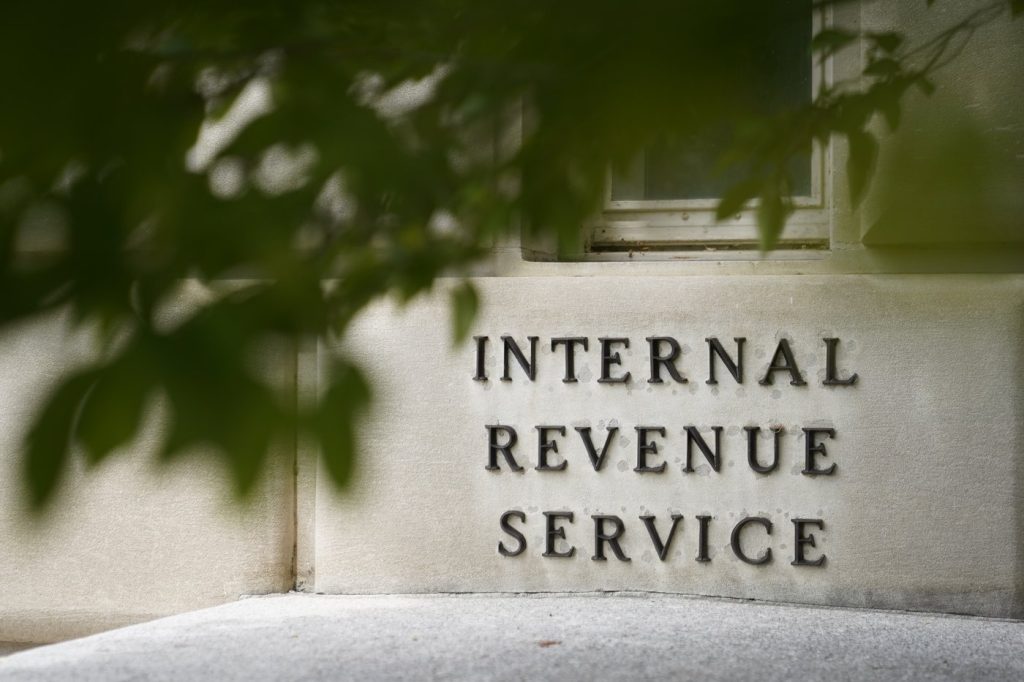The Internal Revenue Service (IRS) is set to lay off thousands of probationary workers in the midst of the ongoing tax season, with cuts potentially taking effect as soon as next week. This development comes as part of wider efforts by the Trump administration to downsize the federal workforce, which includes directives for agencies to terminate nearly all probationary employees who do not yet have civil service protection.
While the exact number of affected IRS employees remains unclear, previous reports from the administration suggested a plan to offer buyouts to a majority of federal employees through a "deferred resignation program." However, this program had a deadline of February 6, 2025, and participants were informed that they could stop working while continuing to receive paychecks until September 30, 2025.
IRS employees working during the 2025 tax season were informed that they would not be permitted to accept any buyout offers from the Trump administration until after the filing deadline for taxpayers. This information was conveyed in a recent letter addressed to IRS personnel, highlighting the tensions between administrative policies and the operational demands of the tax season.
The official start date for the 2025 tax season was January 27, and the IRS anticipates processing over 140 million tax returns before the deadline of April 15. The Biden administration had previously made a significant investment in the IRS, channeling $80 billion into the agency as part of the Democrats' Inflation Reduction Act. This funding aimed to bolster the IRS's capabilities in customer service, compliance enforcement, and technological advancements by hiring tens of thousands of new employees.
However, GOP officials have successfully managed to recoup a portion of this funding. Meanwhile, high-profile figures such as billionaire Elon Musk have called for drastic cuts to government spending, advocating for the elimination of entire agencies. Musk's initiative, referred to as DOGE, aims to reshape the federal government's priorities and significantly reduce its size and expenditure.
In response to Musk's authority over government operations, attorneys general from 14 states have launched a legal challenge against DOGE, questioning its capacity to access sensitive governmental data and wield what they describe as “virtually unchecked power.” The lawsuit, filed in federal court in Washington, argues that the actions taken by Musk should only be able to be executed by officials who have been nominated and confirmed by the Senate. It references constitutional guidelines delineating the powers designated to Congress and the President.
The unfolding situation at the IRS, characterized by employee layoffs and bureaucratic upheaval, underlines the broader tensions in U.S. governance over federal employment policy and the ongoing debate concerning spending and resource allocation within government agencies.










